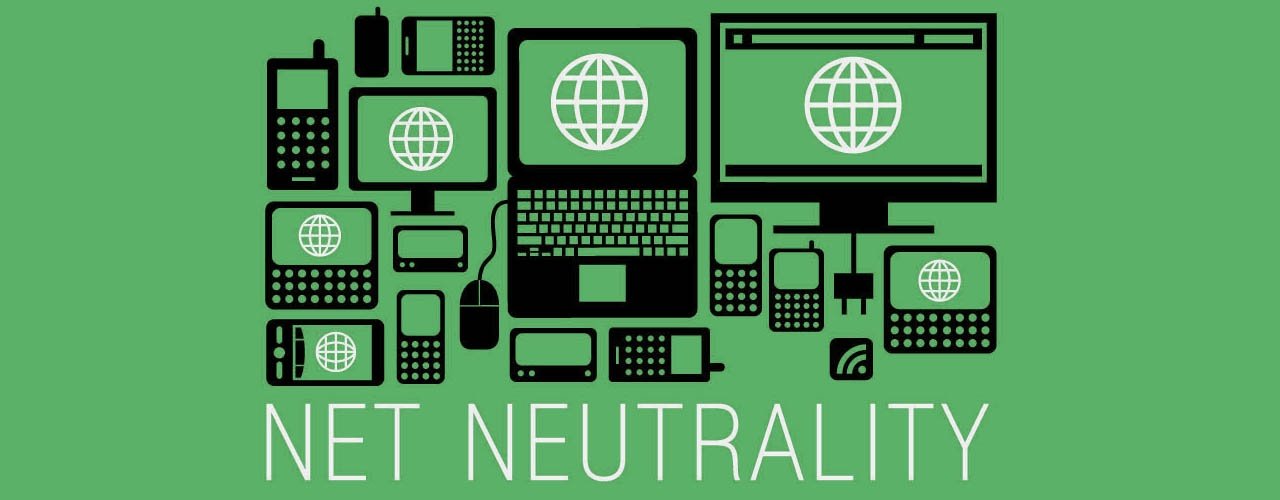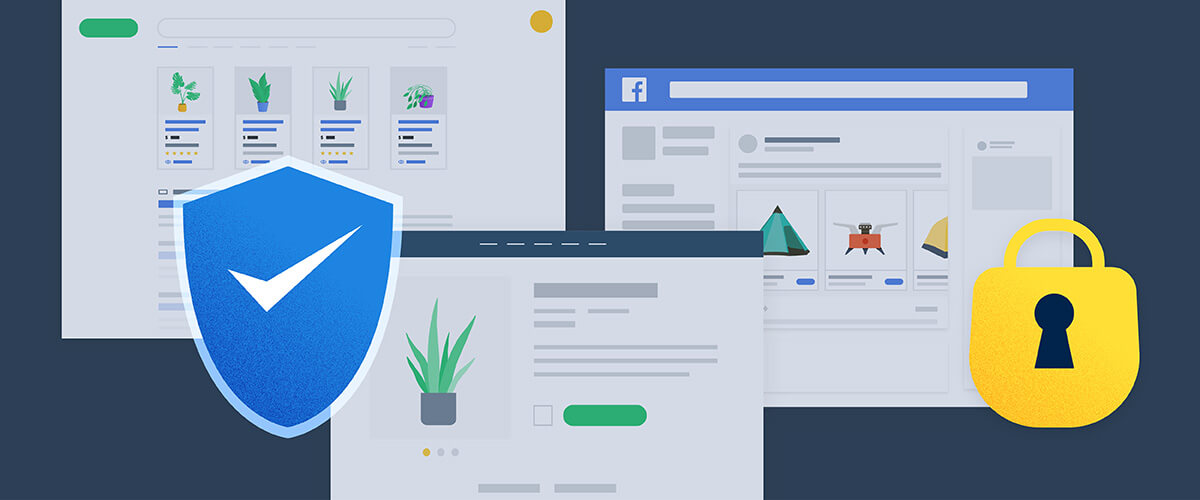What You Need to Know About The New FCC Proposal
When was the last time you went a few days without checking your email, looking up an address on Google Maps, scrolling through your Facebook feed, or reading the news online? Whoever you are, it’s likely that hopping onto a Wi-Fi connection isn’t something you think too much about. Even though it’s just virtual, the Internet is a place where we spend a lot of our time.
But who makes the rules that govern this shared space?
The FCC, that’s who. You know, the guys who wouldn’t let Slim Shady be. They’re currently in the process of determining the trajectory of Internet law for years to come.
A new proposal led by FCC chairman Tom Wheeler is stirring up quite a bit of controversy because it hands over a portion of Internet regulation control over to private companies, rather than keep it public as many would like to see. While the proposal is billed as an agreement that protects net neutrality by ensuring that Internet service providers won’t hinder the flow of lawful content, embedded in the proposal is language that would give companies like Verizon, Comcast, and Time Warner the right to do what is “commercially reasonable.”
Critics say this causes more harm than good. Why? Because net neutrality means more than just having the ability to exchange lawful content (“lawful,” itself, is fairly unstable terminology moving forward, subject to potential change over time). It means that all users and all data in Internet-land should be treated the same.
Under the new proposal, companies would be subject to government regulations, but would be able to offer customers access to Internet “fast lanes.” where does that leave everyone else? Those against the bill say this gives too much decisive power to ISPs, disadvantaging smaller companies and startups, discouraging market competition, and potentially driving up the prices for all users.
Since the proposal was introduced in May, the FCC has received almost 647,000 comments. Industry giants Google, Twitter, and Netflix filed an official complaint collectively with other companies as the Internet Association on July 14th, calling for unifying rules to protect equality for all users and free speech, a move that would push the Internet more toward the direction of being a public utility.
These larger companies have been fighting against the proposal in other ways, as well. Google recently began providing a bar on YouTube that pulls up to tell the viewer about the quality of service their provider is giving them, and comparing it to other companies. Netflix has been providing a similar transparency tool to its users, creating a legal battle between Netflix and Verizon (as well as other ISPs).
The resolution to this conflict can fall in one of two directions: to either classify the Internet as a utility as we have done with phone and cable services, or to allow providers more control. Whatever decision the FCC makes will likely determine the movement of laws pertaining to the Internet from this point forward.
Some fun facts, courtesy of John Oliver’s June 1st episode of Last Week Tonight: Americans pay more for Internet access than any other country, a fact that has been attributed to ISP control over the market. Tom Wheeler also happens to be a former lobbyist for the Cellular Telecommunications and Internet Association, an organization that represents the wireless communications industry themselves.
This is definitely an issue that affects us all. Updates are being posted about this issue regularly, so stay posted for more information over the next several weeks. To read how people are responding, check out Tom Wheeler’s Twitter feed: @TomWheelerFCC.

Logical Position, an Inc. 500 digital agency supporting 5,000+ clients across North America. LP is the proud recipient of Google’s Lead Generation Premier Partner of the Year and Microsoft's Global Channel Partner of the Year 2024! The award-winning agency offers full-service PPC management, SEO, Paid Social, Amazon and Creative Services for businesses large and small. As a Google Premier Partner, Microsoft Elite Partner & Meta Business Partner, LP is in the top 1% of ad spend managed across platforms.



